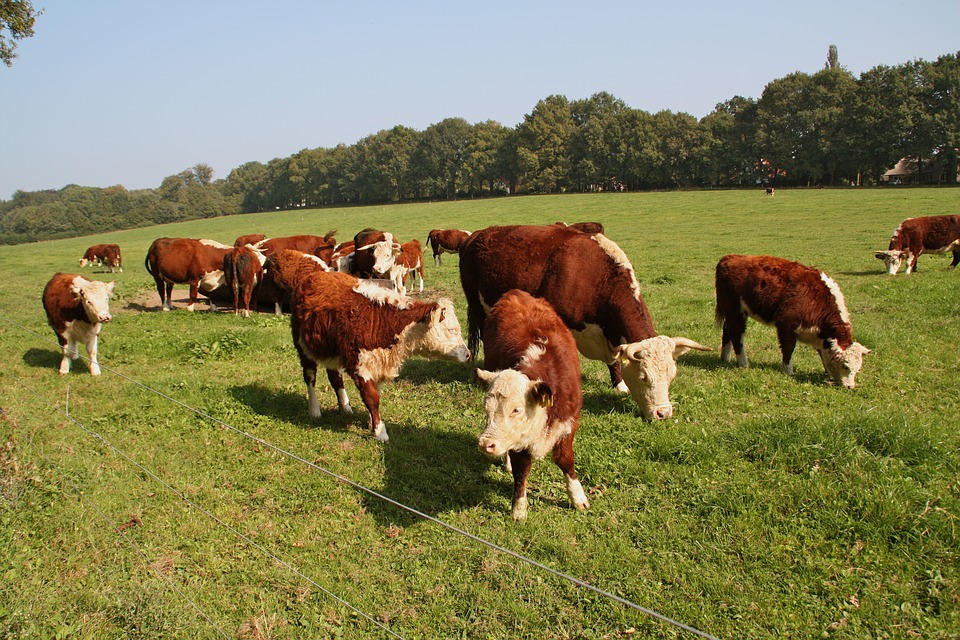
For a scientific cow cue, look to the Netherlands

The bovine affinity of India is fabled. Cows are worshipped and deemed holy but some others push the discourse further by issuing statements on the scientific worth of cow urine and dung. Ministers have exhorted people to consume cow urine and do things which range from absurd to outright insane.
In stark contrast to India, which barely has enough toilets for its people, despite claims on the contrary by the government, The Netherlands is now looking to set up urinals for cows. In a bid to cut emissions that cause environmental damage, Dutch cows Cows in the Netherlands, which is the world’s second biggest agricultural exporter after the United States, produce 15 to 20 litres a day, which in turn produces large quantities of ammonia. The inventor, Henk Hanskamp, told AFP, “We are tackling the problem at the source. A cow is never going to be completely clean but you can teach them to go to the toilet.”
The urinal is in a box placed behind the cow, while in front is a feeding trough. Once the animal finishes eating, a robot arm stimulates a nerve near the udders, which then makes it want to urinate. The cow toilets are currently being tested on a farm near the eastern Dutch town of Doetinchem and seven of its 58 cows have already learned how to use them without the need for stimulation.
“They recognise the box, lift their tail, and pee,” said Hanskamp. “The stables have become cleaner and the ground is drier. Less damp ground is better for the health of the cows’ hooves,” Jan Velema, a vet who took part in the tests, was quoted as saying by De Volkskrant newspaper.
The Netherlands is introducing stricter rules on emissions of ammonia, which can cause atmospheric pollution and irritate human eyes. The chemical can also be implicated in the creation of environmentally damaging algae blooms when it mixes with water. Hanskamp, whose company develops agricultural machinery, says it could “reduce by at least half the amount of ammonia produced” were the cow to urinate on open ground. The company aims to have them on the market by 2020, he said. Probably, all those who prophesy the cow way of life and actually care a dung, could take a cue from the Netherlands.

